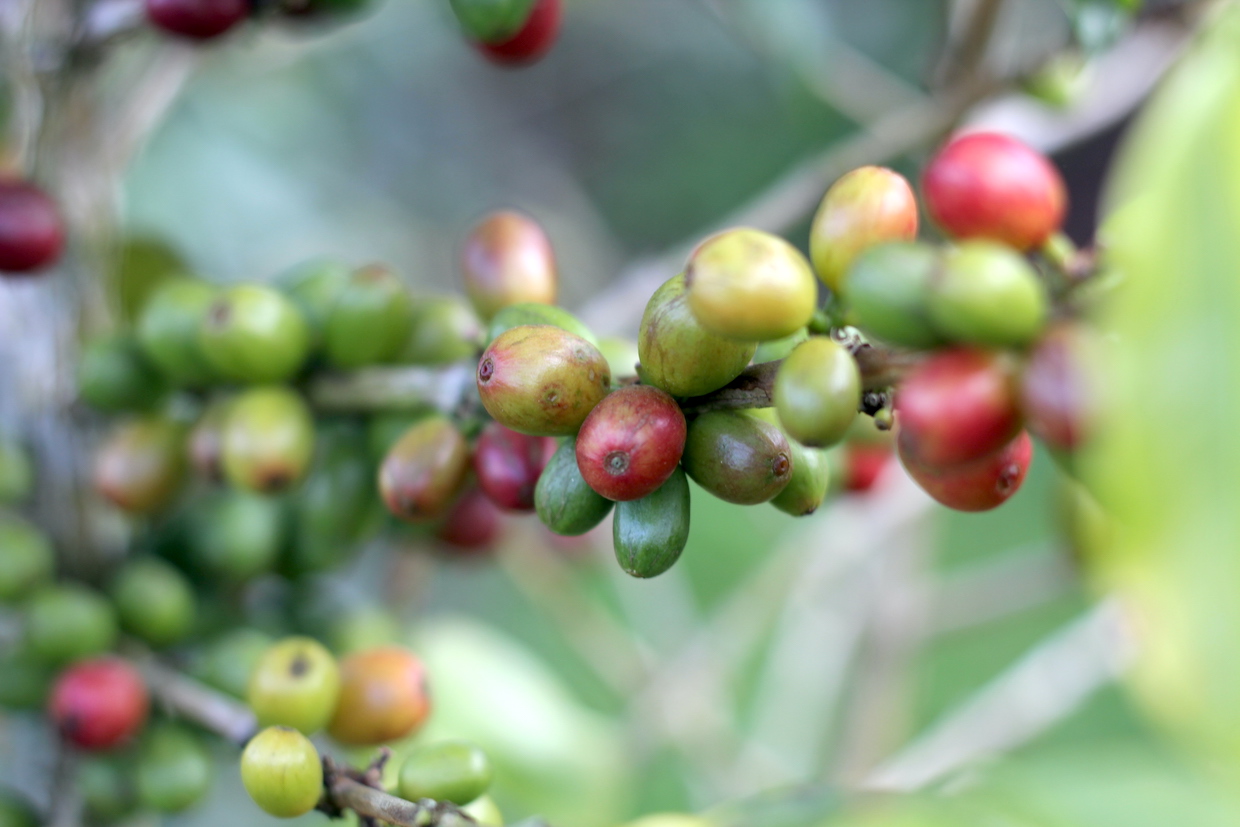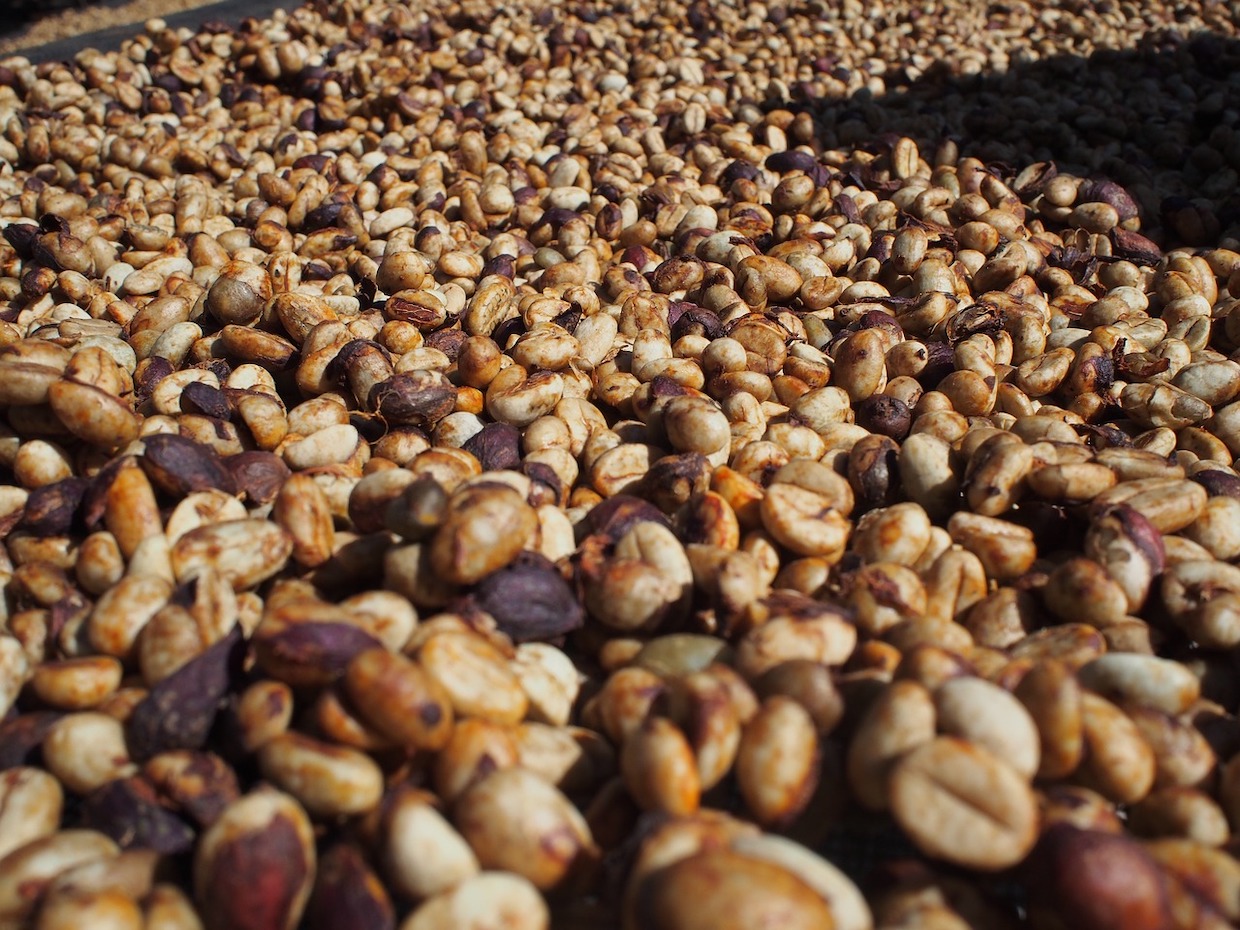The International Coffee Organization (ICO) is launching living-income benchmarking studies for four of the group’s member countries — Honduras, Rwanda, Togo and Angola — with more expected to follow.
Through its Coffee Public-Private Task Force (CPPTF), the ICO says the living-income analysis will answer the question, “How much does a typical household in a particular place need to earn, from all income sources, to have a decent standard of living?”
As numerous studies and anecdotal evidence have repeatedly warned that coffee farming is often not a viable means for an economic livelihood, the living-income movement has gained rapid momentum in the global coffee industry in recent years. The movement is often spearheaded by NGOs and private companies in traditional consuming countries, with participation from larger producer groups.
For its inaugural living-income benchmarking studies, the ICO’s CPPTF is partnering with the ASEAN Coffee Federation and the Central America-based coffee research institute Promecafé. The Dutch consultancy NewForesight is conducting the research using a proprietary “proxy benchmark methodology.”
“Recent studies showed that the average earnings of small-scale farmers in the coffee industry would not reach what is needed to ensure a basic and decent standard of living, even less for a prosperous livelihood,” ICO Executive Director Vanúsia Nogueira said in an announcement of the project launch. “Therefore, defining a living-income benchmark, measuring income gaps, and developing effective strategies to close these gaps is key to consider when engaging on living income.”
The program launch immediately followed the recent World Coffee Producers Forum, held in Kigali, Rwanda. Incidentally, the producer-driven forum resulted in the declarations that: “Living income means survival income, and it is not enough;” and, “The coffee value chain should change its mindset from living income as the final goal and make Prosperity and Sustainability the final goal.”
According to the 2020 edition of the Coffee Barometer, nearly half of the world’s coffee is exported by just five companies, while the 10 companies roasting approximately 35% of the world’s coffee generated revenue of approximately $55 billion in 2019. Meanwhile, producing countries receive less than 10% of that value at export, according to the document, with a far smaller percentage going to the world’s approximately 12.5 million smallholder farmers.
The ICO, whose membership includes the governments representing more than 95% of the world’s coffee production, said its private-public task force is committed to closing living-income gaps. As it works towards that end, the group said it “foresees” establishing living-income benchmarks in 80% of ICO producing-member countries by 2025.
Does your coffee business have news to share? Let DCN’s editors know here.
Nick Brown
Nick Brown is the editor of Daily Coffee News by Roast Magazine.








Comment